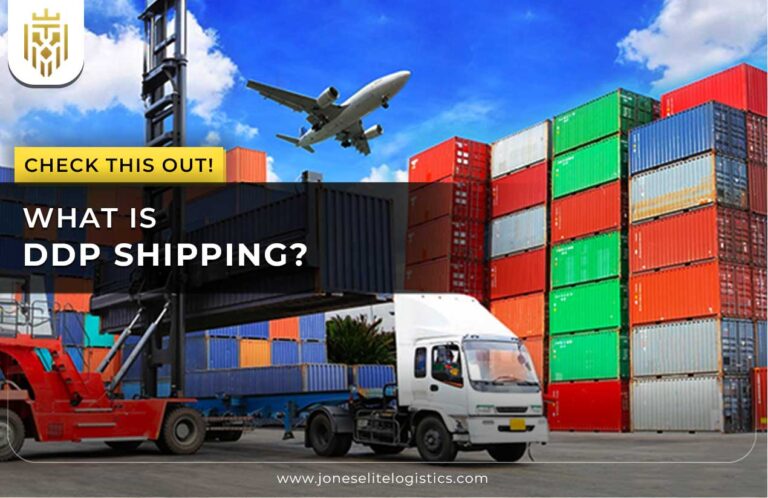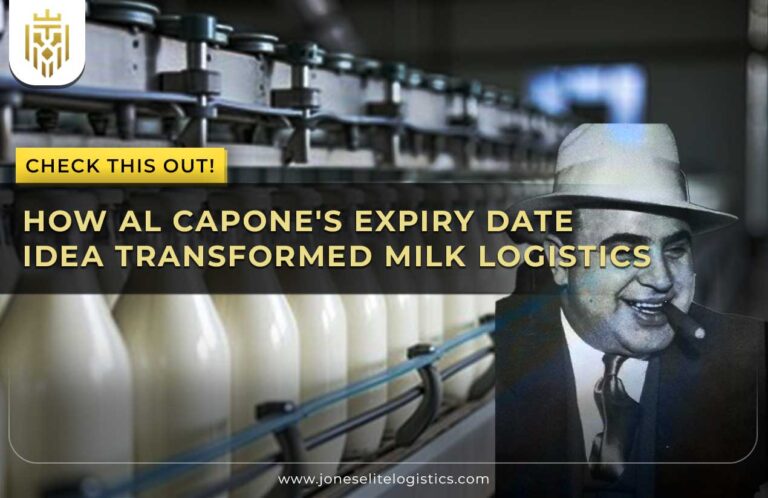What is a Shipping Carrier?
When looking into what is shipping carrier, the definition refers to companies that move goods between shippers and consignees. A shipping carrier ensures efficient freight transportation using services ranging from small local setups to multi-modal transport. These logistics providers are integral to India’s transportation networks, offering cost-effective solutions for transport and logistics needs.
Difference between Shipper and Carrier:
A shipper owns the goods and manages packaging and monitoring, while the shipping carrier handles transportation. The best shipping carrier uses multi carrier shipping methods like trucks, planes, or ships, ensuring seamless connectivity through inter-modal transport and other robust transport management systems to minimize delays and damage.

How do you choose a Shipping Transportation Carrier?
Choose a carrier based on location, reputation, cost, technology, and service options. Evaluate their ability to meet delivery timelines, minimize damage, and optimize logistics through multi-modal transport and transport management systems.

Location:
Choose a shipping carrier with a wide service network across India’s transportation networks, ensuring cost-effective shipping to your desired destinations. A carrier adept in multi modal transport can efficiently connect remote areas with major hubs, enhancing reliability in freight transportation.
Reputation:
The best shipping carrier prioritises timely deliveries, minimal damage, and customer trust. Look for providers leveraging transport management systems to ensure seamless operations and positive reviews. Established carriers with a proven record in transport and logistics align well with business needs for reputation and dependability.
Cost:
Balancing affordability and reliability is vital when selecting a shipping carrier. Choose cost-effective shipping solutions that align with your priorities, ensuring timely delivery with minimal losses. A focus on transport management systems can help carriers optimize routes, saving costs without compromising service quality.
Distributed Warehouse:
A multi carrier shipping network supported by distributed warehouses reduces transit times and enhances freight transportation efficiency. Strategically located storage facilities optimize costs, improve delivery speed, and support a robust transport and logistics framework, benefiting businesses across India’s transportation networks.
Guaranteed Delivery:
Guaranteed delivery ensures reliability for time-sensitive shipments, solidifying trust in the shipping carrier. Such carriers, adept in freight transportation and equipped with transport management systems, help businesses meet deadlines, enhancing satisfaction and streamlining operations within India’s transportation networks.
Latest Technology:
Opt for multi carrier shipping providers using the latest technology like real-time tracking, proactive communication, and GPS-enabled transport management systems. These features enhance visibility, optimize costs, and make freight transportation more reliable, ensuring efficiency in transport and logistics.
How Many Types of Shipping Carriers?
Shipping carriers include container ships, bulk carriers, LNG carriers, tankers, and reefer ships. Each serves different goods and logistics needs, utilising diverse methods like inter-modal transport for efficient freight transportation across global networks.
Container Ships:
Container ships play a pivotal role in multi-modal transport, transferring goods in standardised ISO containers. These ships integrate seamlessly with trucks, trains, and ships for cost-effective shipping, making them an essential part of freight transportation across India’s transportation networks.

Bulk Carriers:
Bulk carriers, crucial for freight transportation, move unpackaged goods like grains or coal. Designed for stability with watertight decks, they ensure safe, large-volume transport. Their use in multi carrier shipping enables efficient integration with inter-modal transport systems.

LNG Carriers:
LNG carriers specialise in transporting liquefied natural gas, featuring advanced tanks and safety systems. Supporting India’s transportation networks, they optimize freight transportation with innovative technology, showcasing efficiency in transport and logistics for energy resources.

Tankers:
Tankers transport bulk liquids like oil and chemicals, critical to freight transportation. With types like crude and chemical tankers, they adapt to varied industries. Designed with specialized compartments and safety features, they ensure secure transit of hazardous and non-hazardous liquids. Their integration into multi-carrier shipping frameworks supports cost-effective shipping in India’s transportation networks.

Reefer Ships:
Reefer ships handle perishable goods with precision using refrigeration and advanced monitoring. Vital for multi-modal transport, they maintain freshness during freight transportation, ensuring effective participation in India’s transportation networks and global trade.

What are International Carriers?
Who is a carrier in shipping? International carriers are authorized entities for cross-border freight transportation via land, water, or air. Integral to multi carrier shipping, they ensure compliance with regulations, providing cost-effective solutions and supporting transport and logistics in India’s transportation networks.
Conclusion:
Selecting the right shipping carrier is crucial for timely deliveries and cost-effective logistics. Consider factors like reputation, technology, and transportation methods, including multi-modal transport, to ensure smooth, reliable, and efficient freight transportation.
FAQs
1. What is a shipping carrier?
A shipping carrier is a company that transports goods from shippers to consignees, utilising various methods like trucks, ships, and planes. They are integral to global freight transportation and transport management systems.
2. What carrier is best for shipping?
The best shipping carrier depends on your needs. Consider factors like cost, reliability, location, reputation, and technology use. A multi carrier shipping approach helps optimize logistics for efficient freight transportation.
3. How do you choose a shipping carrier?
Evaluate carriers based on their network, reputation, cost, and technology use. The best carrier should offer reliability, efficiency, and the ability to manage deliveries using multi-modal transport and transport management systems.
4. How many types of shipping carriers?
Types include container ships, bulk carriers, LNG carriers, tankers, and reefer ships. Each is designed to transport specific types of goods, often utilising multi-modal transport for efficient, global freight transportation.







